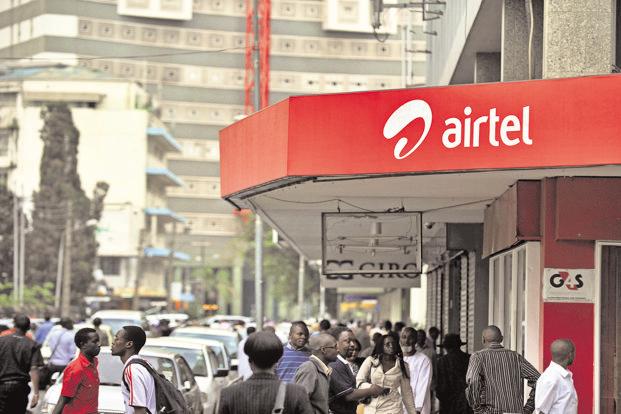Airtel Africa has recorded $471 million lost to Nigeria’s Naira devaluation.
Newsonline Nigeria reports that Airtel Africa has disclosed that the company suffered a foreign exchange loss of $471 million in the second quarter (Q2) of 2023.
This reliable Nigeria News platform understands that despite the loss, the chief executive officer of Airtel Africa, Olusegun Ogunsanya, welcomed the naira devaluation by the Central Bank of Nigeria (CBN).
Ogunsanya said the devaluation will have a positive impact in the long run on Airtel Africa’s business, indicating that the loss is short-term.
“Despite the strong operating performance, our results have been impacted by foreign exchange headwinds. This quarter saw the announcement of the change to the FX market in Nigeria which resulted in a significant naira devaluation.
“We have welcomed this reform as very positive for the medium and long-term development of our business in Nigeria, our largest market.
“The country offers significant untapped growth potential, underpinned by highly attractive fundamentals. This has supported and sustained a strong operating performance which has seen a five-year revenue and EBITDA CAGR of 23.5% and 27.3% in constant currency, respectively,” Airtel Africa’s CEO said in a statement released in its financial report on 26 June.
Ogunsanya said Airtel Africa has been working to ensure future devaluation doesn’t affect the company by reducing its foreign exchange exposure.
“However, in the reporting period the devaluation has had a material impact on our results. Over the last few years, we have actively reduced our FX exposure across the Group, and this will continue to be a focus area in the future to limit the impact of any future devaluation,” he said.
According to Ogunsanya, the scarcity issue in the official foreign exchange market will be resolved by the naira devaluation and alleviate international businesses’ challenges.
“We expect the FX reforms to improve liquidity over time, thereby alleviating the challenges faced by international businesses over the last few years associated with accessing US dollars and thus hindering accelerated growth.”














